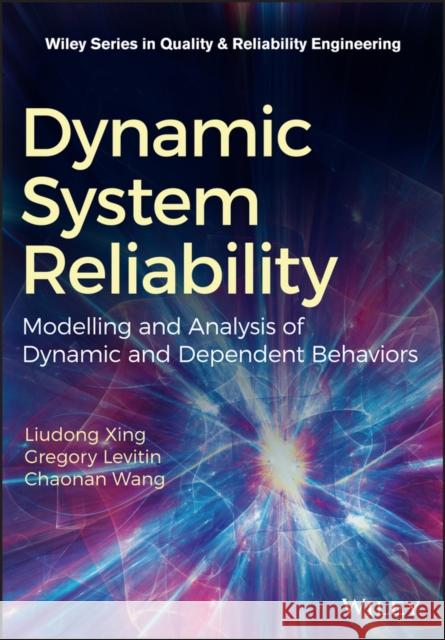Dynamic System Reliability: Modeling and Analysis of Dynamic and Dependent Behaviors » książka
topmenu
Dynamic System Reliability: Modeling and Analysis of Dynamic and Dependent Behaviors
ISBN-13: 9781119507635 / Angielski / Twarda / 2019 / 256 str.
Kategorie:
Kategorie BISAC:
Wydawca:
Wiley
Seria wydawnicza:
Język:
Angielski
ISBN-13:
9781119507635
Rok wydania:
2019
Numer serii:
000222070
Ilość stron:
256
Waga:
0.54 kg
Wymiary:
24.64 x 17.02 x 1.78
Oprawa:
Twarda
Wolumenów:
01
Dodatkowe informacje:
Bibliografia
Wydanie ilustrowane
Wydanie ilustrowane











